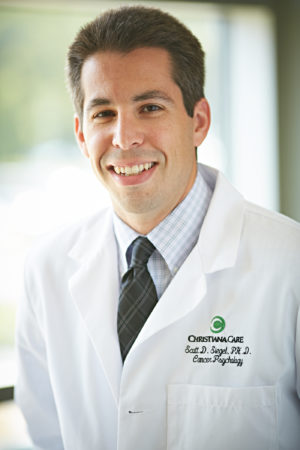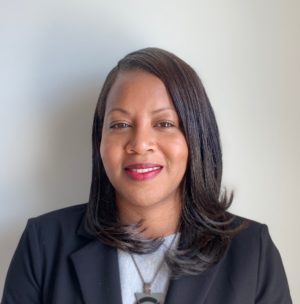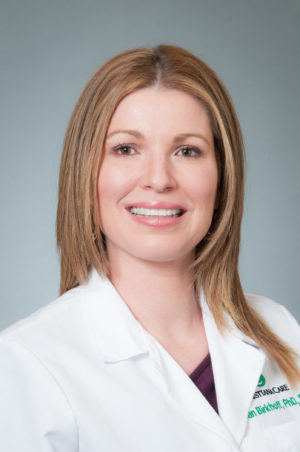Up-and-coming researchers surmount barriers to succeed in Scholars Program
Due to COVID-19, ChristianaCare's summer research training program went virtual
Seeking a career in medicine, Shivani Mehta applied to the Delaware INBRE Summer Scholars Program at ChristianaCare. The initiative — funded by the Delaware IDeA Network of Biomedical Research Excellence (DE-INBRE) — matches undergraduate students with mentors to work on research projects.

“I thought it would be a perfect way to explore medicine,” said the University of Delaware student, who was a freshman when she applied.
In early March, 12 students, including Mehta, were accepted. But due to COVID-19, a number of the nationally funded programs in the country were in jeopardy. Some states, including Vermont, canceled.
ChristianaCare, however, moved forward with a virtual model. Although students worked remotely from home, Mehta and her peers found the program rewarding.
“I really enjoyed it,” agreed Rabiul Rafi, a University of Delaware sophomore studying biological sciences. “I’m very grateful to all who contributed to making the program run smoothly, as it was a great experience for me.”
Using resources wisely
Scott Siegel, Ph.D., MHCDS, principal investigator and director of Population Health Research at ChristianaCare’s Value Institute, and Erica Singleton, MPH, CHES, project manager for research are principally responsible for administering INBRE for ChristianaCare.
INBRE funds support research activities in the Center for Translational Cancer Research and the Genome Customization Core, both at ChristianaCare’s Helen F. Graham Cancer Center & Research Institute, and the INBRE Bioinformatics Network of Delaware. The grant also funds the Summer Scholars Program, a partnership of six state institutions.

Pivoting to a remote format took creativity and coordination. ChristianaCare’s students already had computers and internet, and those needing license-specific software, such as a statistics application, could link to a ChristianaCare desktop from their home.
“We were able to use resources wisely by obtaining the support and assistance of IT, the Value Institute leadership, the INBRE office and the medical libraries,” Singleton said. “Students and mentors were flexible regarding the research projects and time commitments.”
The students worked the requisite 37½ hours a week and attended DE-INBRE sessions and instructional sessions led by ChristianaCare researchers.
A positive pivot
Not all of the projects could convert to a virtual format, Singleton said. “Additionally, some mentors were no longer available due to pandemic-related work responsibilities.”
The team was nimble, Siegel said. “We were fortunate to have mentors who were willing to work within the constraints imposed by COVID-19.”
Mehta had hoped to study neuroscience or women’s health in the hospital. Noting her interest in marginalized communities, the committee instead asked her to study how registrars could collect gender identity data without getting too personal.

“They saw it would be a good fit,” she said. “I ended up falling in love with the project and discovering a different passion. LGBTQ communities are facing multiple health disparities.”
Rafi researched the barriers that hinder access to opioid-use disorder medications.
“Not only did I learn about the opioid-use disorder, but I also gained technical skills, including how to use programs such as REDCap (a web application for building and managing online surveys and databases) and how to write literature reviews,” he said.
Sophie Sanchez, a nursing student at Villanova University, examined the factors that helped and hindered the implementation of the virtual nurse visits in the home health setting.
“I always thought that I would want to work in a neonatal intensive care unit or labor and delivery,” said Sanchez, who wants to be a nurse practitioner. “It was so interesting working with Dr. Susan Birkhoff, and see the direct effect of research on your patient while still interacting with the patient. That’s something I would definitely consider pursuing in the future.”
The experience concluded with the first virtual Research Day which drew 69 clinicians, mentors, leaders and scientists, who watched the student presentations.
With innovation and openness to change, the retooled Summer Scholars program was considered a success. “It can be a blueprint for other virtual student research programs throughout ChristianaCare,” Singleton said.
Visit DE-INBRE Summer Scholars Program for more information.